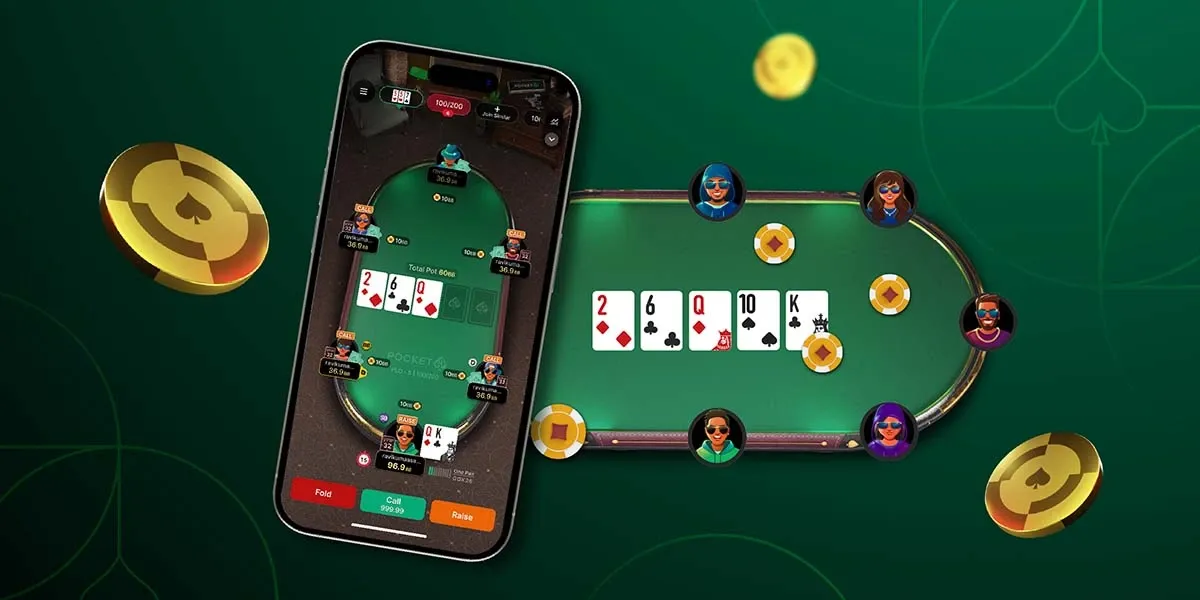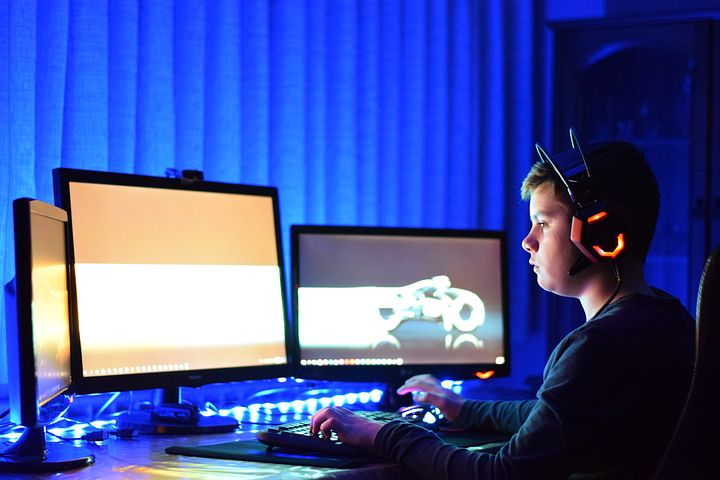One of the most transformative features of AI in online poker is its ability to offer personalized coaching. AI-powered tools tailor instruction to each player’s needs by assessing a player’s strengths and weaknesses. These systems act as virtual coaches and identify gaps in knowledge and skill. They analyze gameplay data from various sessions to assess tendencies, such as common fold or raise patterns, and provide suggestions to adjust unbalanced approaches. Players benefit from data-driven resources that clarify optimal aggressive or defensive behaviors based on hand history reviews. This level of customization turns poker learning into a refined, individualized process.
AI also offers real-time feedback as players make in-game decisions. This immediate guidance enables dynamic improvements and allows players to adapt their gameplay strategy. Real-time feedback systems suggest strategic adjustments, such as selecting stronger hands or identifying when and how to bluff. As a result, poker training evolves from a generalized process to a uniquely structured path defined by AI.
AI’s Role in Curating the Ideal Learning Environment for Beginners
AI is increasingly effective in guiding new poker players from novice to competent competitive levels. AI can tailor environments specifically designed to suit the skills and preferences of individual users. For example, a player who prefers certain formats, like Texas Hold’em, might receive strategic feedback and practice sessions tailored to that specific game mode. AI doesn’t stop at initial abilities and continues to adjust based on how a player’s performance evolves.
Moreover, AI helps create an environment where players can explore different decision-making strategies without the consequence of financial risk. Beginners can play poker online in simulation settings, experimenting with betting techniques, hand management, and more. These personalized environments make it easier for novices to transition to real competition as they gain familiarity with both basic and complex tactics. AI tools also offer flexibility, allowing beginners to progress at their own pace, which further enhances the learning experience.
AI’s Role in Adjusting Poker Game Difficulty
The integration of AI’s adaptive decision-making framework extends to adjusting the difficulty levels of opponents. Beginners may initially face opponents using suboptimal strategies. This allows them to gain confidence and refine their understanding of basic moves. AI-adjusted virtual opponents progressively increase in difficulty as players develop more advanced strategies.
AI systems track the player’s success rates and adjust the difficulty when performance plateaus. This fine-tuning keeps game challenges within manageable levels to ensure steady growth. Advanced AI can even simulate human-like behaviors, making gameplay more unpredictable while integrating more layers of strategy. These adaptive difficulties bridge the gap between practice sessions and real-world competitions, ensuring new players build a robust foundation for competitive play.
Tailored Training Programs for New Players
AI-driven poker platforms offer customizable training regimens that focus on particular skill sets. New players may receive extra attention on specific aspects of the game, such as determining when to be aggressive or cautious, what hand ranges to play from different table positions, and how to properly manage their bankrolls. Over time, these structured plans shift based on the player’s improvement to ensure training remains relevant.
Existing platforms have already incorporated such technologies. For instance, some specialize in aggression training and allow players to request assistance with balancing risk-taking behaviors. AI pinpoints these weaknesses and suggests corrective techniques that people may have been unable to identify on their own. This form of analysis expedites a player’s growth by tackling general skills and intricacies of gameplay.
Apart from analyzing individual behavior, AI-powered systems consistently compare the player’s stats to those of seasoned professionals. Insights provided by these comparisons offer a higher degree of training specificity. This makes advanced poker skills accessible to those lacking professional coaching opportunities. By incorporating AI into their learning process, new players gain access to tools that improve their odds of mastering the game.
Tracking and Profiling Player Behavior
Another strength of AI in personalized poker training is its capacity to generate comprehensive player profiles. AI identifies consistent behavioral patterns by tracking gameplay over extended sessions, such as bluffing too much or folding under pressure. It then offers customized suggestions aligned to those tendencies.
Players gain access to insights traditionally reserved for professional coaches, such as detailed feedback on optimal strategies, including when bluffs might succeed or the statistical rationale behind certain moves. These individualized reports provide a clear structure for improved gameplay and allow new players to sharpen their skills more efficiently.
Additionally, AI draws from extensive databases of historical games and experienced players’ strategies. AI illuminates areas that need improvement by comparing your hands and outcomes to top-tier competitors. By analyzing thousands of poker hands, AI uncovers detailed strategies and offers fine-tuned guidance that no tutorial video or book can provide. This ability to translate big data into actionable advice makes AI an invaluable tool for new poker enthusiasts.
Fraud Detection and Ethical Integration in AI-Driven Poker
Platforms deploying AI tools often incorporate fraud-detection algorithms that analyze player behavior for any troubling discrepancies, like potential collusion or suspicious play patterns. These proactive systems maintain fairness without disrupting legitimate learners.
However, ethical concerns regarding the use of AI tools in poker persist. Discussions revolve around the extent to which AI-driven assistance should be permitted before it disrupts the balance of the game. Regulatory bodies are beginning to step in and devise rules that ensure players can access AI-fueled learning tools without compromising the integrity of competition.
Conclusion
AI has reshaped how new players approach and learn online poker. By delivering personalized coaching, real-time feedback, and tailored training programs, AI makes poker more accessible to beginners while supporting steady skill development. Through adaptive difficulty levels, fraud detection, and the ethical integration of AI systems, these technologies ensure fairness while enhancing the learning experience.
As AI continues to evolve, its role in online poker training is expected to grow, bridging the gap between casual play and professional-level mastery. This revolution not only empowers players to achieve their goals but also maintains the integrity of the game, ensuring poker remains an exciting and competitive sport for everyone. The future of poker training is undoubtedly intertwined with the innovative possibilities AI offers.





